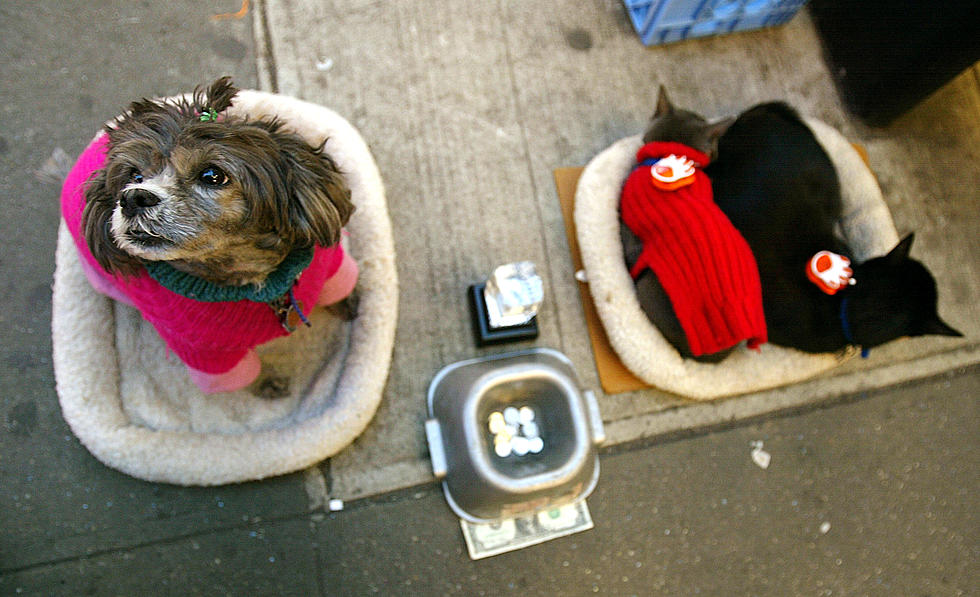
Help Your Pet Make the Transition of Your Going Back to Work
As our country begins to re-open up, many people who have been working from home will be heading back to working on location. For those who have pets, this transition could be difficult for their dog or cat. Pets can feel the sting of any changes made in the home place and going from companionship to isolation at home can have its effects on them.
“Planning ahead is essential for any abrupt change in schedule for our pets,” explains Dr. Robert Reich of Animal Medical Clinics in Quincy “and taking the time to transition now will pay dividends then”.
Dr. Reich has prepared some steps pet owners should follow as they plan their return to work or school in the days ahead:
• Begin by giving them some time on their own. Examples of this include going outside for a walk, etc., to start getting them used to being by themselves
• Plan to start the transition to what the ‘new’ normal will look like a week ahead of time to get them back into a predictable routine.
• Get them used to being in their kennel or location they will be in while home alone; make it a rewarding space with a special toy that is only in there for praise. Begin with small amounts of time and increase the length of segments that they are left alone.
• Leave on a TV or radio to add some sound stimulation so that they are less reactive to the silence or outside noises.
• If your dog has separation anxiety, consider using a pheromone such as an Adaptil collar or plug in to help the adjust during the transition time. (This is the same pheromone as a nursing mother dog.) The pheromone provides a sense of well being; most of these products last for about a month at a time.
• For dogs with more severe anxiety or a new pet that is used to you being home all the time, there are oral medications like Zylkene that can help them adjust. This medication can also help with dogs that have spring/summer storm anxiety. Once daily dosing lasts 24 hours and is not a sedative but helps them relax. For many dogs this is just to help through the transition and they do not have to stay on them long term. These can also help with symptoms like chewing, barking, licking, drooling, etc.
• Cats can also have behavior changes with routines changing. There is a separate cat pheromone that can be used to help them adapt. Signs that a cat is acting out include inappropriate elimination outside of the box, scratching, not eating as well.
For more information, Dr. Reich can be reached at the Animal Medical Clinic in Quincy at 2803 Wismann Lane or by phone at 222-8383.
More From 100.9 The Eagle, The Tri-States' Classic Rock Station









